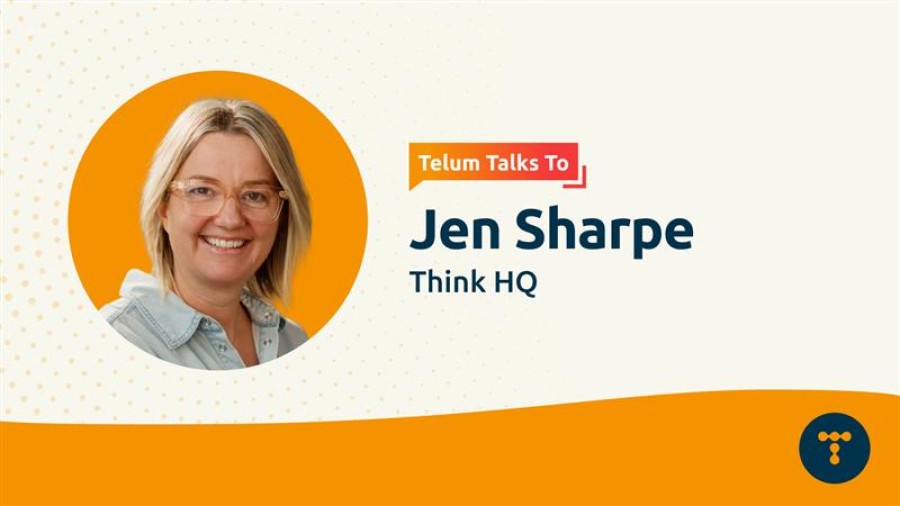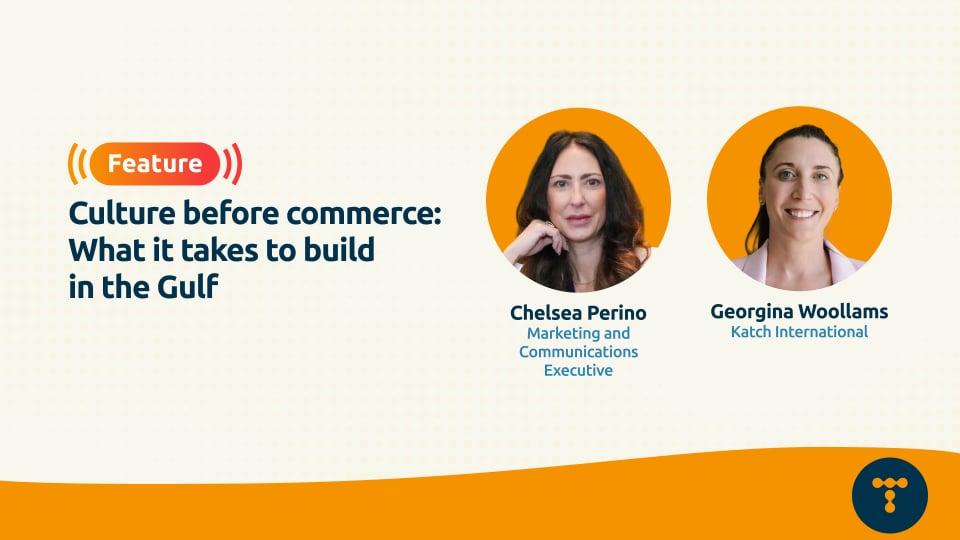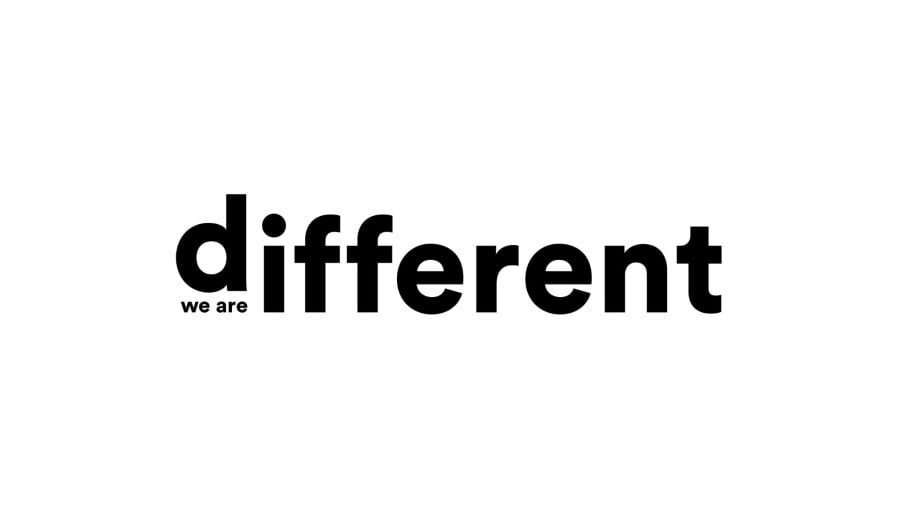A company's values are like an anchor - they remind the founders why they started and what they believe in. But as the years pass, those anchors can be tested - companies can end up changing not just their values, but also the way they work and the culture that underpins them.
To explore what it takes to hold on to values while growing, Telum spoke to Jen Sharpe, Founder and Managing Director of Think HQ. Having just marked their 15th anniversary, Jen shares her insights on expanding into different markets, preventing company culture from being diluted, and navigating growth without losing purpose.
Your Sydney expansion has been swift, and you’ve hinted at further future acquisitions and a bigger geographical footprint. If you were to expand globally, how would you adapt Think HQ's inclusive and values-led model to markets that may be more conservative or culturally different?
We're succeeding as an inclusive agency in the mainstream for two reasons:
- Our staff composition reflects the community we operate in.
- We have a good number of 'macro-thinkers' who are not just attuned to the comms industry, but to the broader system we are operating in, including government regulation, the social, and commercial environment.
We're not just coming at it from comms - we've got a broader lens. We've got our finger on the cultural pulse, not just what’s happening in our industry.
The success of any expansion would be led by replicating those two things. Recruiting to reflect the new community we are operating in, and having the in-house knowledge and experience to understand the local context.
Our approach to our new client, Philippine Airlines, is a simple example of how we make that work. We have Philippine-born Australian staff, so we're easily able to mix between the two markets.
Even how we operate in Melbourne and Sydney will be a little different because of the different contexts - they often feel like two different countries.
Wherever you operate, your people are your business. If you lose sight of the people and you're just looking at numbers, you're going to lose the essence of the business.
Growth can sometimes pivot a company from its original culture - especially one built on values. As you expand, particularly into new geographies, how do you ensure Think HQ's purpose-led philosophy doesn't get diluted? And were there certain things you had to compromise in terms of values against growth?
Our acquisition of Sydney-based LOUD in 2024 certainly tested our boundaries. Until then, we had traditionally worked in what could fairly be described as a 'safer' space in government and statutory bodies.
LOUD was a cultural fit with complementary expertise, including multicultural engagement, but for corporate clients. So now we're increasingly working with corporates.
But over the 15 years that I've been operating the business, I've realised the world isn't perfect in any sector - government, corporate or any other.
The way we retain our value base as we grow is by going through what we call a responsible business assessment for our projects. It's a process that runs us through a series of questions from a values perspective. This helps us understand the motivations of the business or the organisation we’d be working with, what the impact will be, and ultimately if it's positive. Then we make a decision.
In reality, there are lots of grey areas. The world isn’t cut and dried, so we can’t be either. But at least we're holding ourselves accountable to that discussion.
In a 2021 interview with Telum, you spoke about plans for Think HQ being a 'blueprint for agencies in the future'. With the rise of DEI, ESG and values-based hiring, it feels like the industry has started catching up. What's the next step for Think HQ and for agencies who want to lead with purpose, rather than just following the trend?
In terms of catching up, while agencies might look like they have progressed, the recent merger between two major global media groups shows us a different reality - it is a giant and dangerous precedent-setting leap backwards.
A 'Trump-like' clause in the agreement strips moral agency from one of the biggest global agency groups in the world by removing any right to reject a client or a media platform based on ideology, which is deeply concerning for those of us committed to ethical communications.
For Think HQ, we can't (and absolutely would not want to) step away from being values-led or a commitment to DEI because our entire business model depends on our inclusion and diversity.
The challenge for purpose-driven agencies today is ensuring they have a sustainable business that can persevere as the market shifts. Values can't sit on the side as a 'nice to have', it should be embedded in everything you do.
Breaking out of the traditional model - that narrow view of who agencies are and what they do - has enabled us to further experiment and grow. Diverse, inclusive thinking means agility comes naturally and pushes us to consider new ways of doing work. Continuing to evolve our service offering, such as adapting to AI, isn't about keeping up with trends, it's how we protect and scale our purpose.
Over the years, the industry has moved forward on inclusive practice, but where do you think Australasian PR and comms still fall short - and what would you like to see change at a systemic or industry body level?
First, the change I don't want to see is the implications of the global media group's merger on its Australian agencies taking hold, and decimating the moral agency and ability of brilliant creative people to engage and create great work because they are hamstrung by conflicts. This may well be a defining moment for our industry and country.
One area that is in need of a radical overhaul is how we approach data and segmenting audiences.
Organisations around the country have to stop segmenting multicultural and mainstream audiences. Why? Because with 51 per cent of the Australian population considered multicultural, treating them as a separate category effectively 'others' what is now the majority of the audience - which no longer makes sense.
Currently, agencies are either finding a multicultural partner, or thinking about multicultural audiences as a secondary consideration.
Every agency doing that should instead be thinking about integrating all Australian audiences and consumers in their strategic approach, as well as their creative delivery. There's often a lack of data along cultural lines around consumer behaviours too. You don't get great data on the platforms people are pulling data from - You Gov or Roy Morgan, and the brand trackers that big agencies use don't segment by cultural group either, so that's a real gap and opportunity to drive change.



